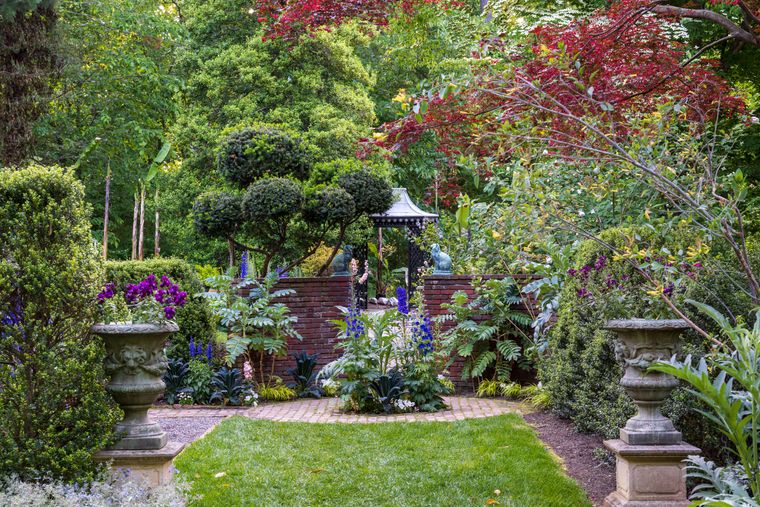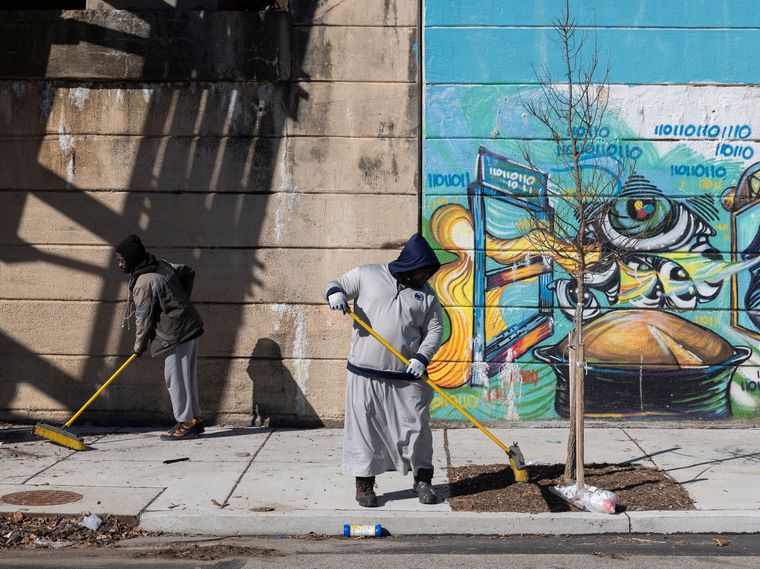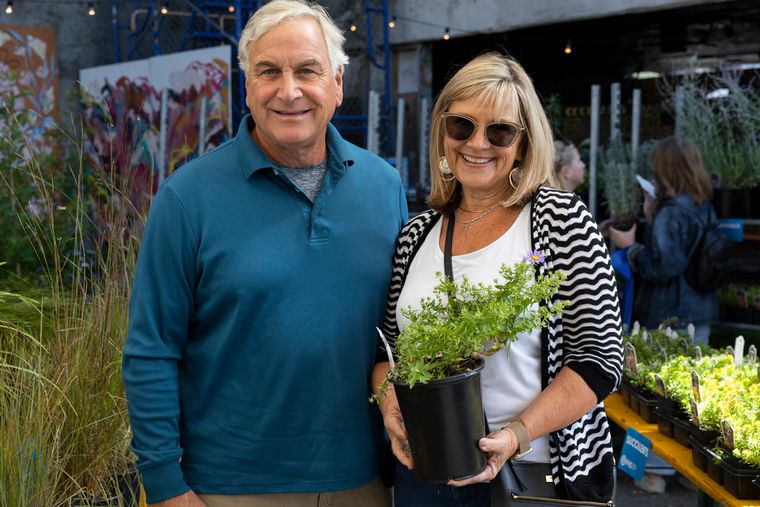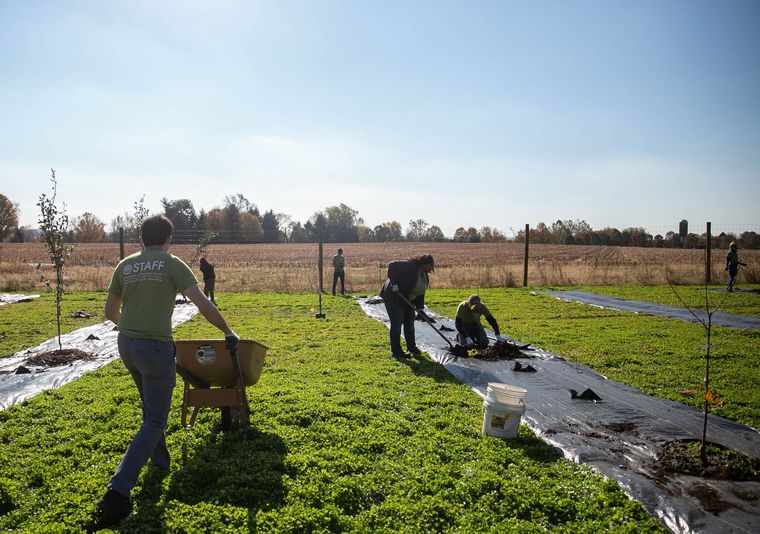



Gardening for the Greater Good – February 2019
Press Releases
gardening for the greater good

Don’t be surprised if your doctor writes you a prescription for light gardening, three to five times a week, as needed, for well-being.
The healing powers of plants and horticulture have been documented as far back as 2000 BC. According to the American Horticultural Therapy Association, ancient Egyptian physicians prescribed walks around a garden for patients with mental illness.
According to Pam Young, Horticultural Therapist at Bryn Mawr Rehab Hospital in Malvern, part of Main Line Health, “We all have an intrinsic connection to plants. They nourish our bodies, and they are a necessity in our life on many levels.”
Pam sees the benefits of horticultural therapy every day at work at Bryn Mawr Rehab’s Sydney Thayer III Horticultural Center, where she has patients recovering from stroke, brain injury, spinal cord injury, cardiac surgery, and other conditions. “We see lower blood pressure after working with plants, and increased engagement,” she says. “Patients who are in a hospital setting may be feeling a loss of independence and they have the opportunity to go into the greenhouse, choose their own plants, and design a dish garden – it’s a sense of accomplishment for them.”
Studies have shown that for some patients, sensory stimulation is important because sense of smell is connected to memory. “We’re smelling lavender, rosemary or scented geraniums in the greenhouse, and lots of things are happening in a natural way,” she explains. “Fragrance memory can evoke rich recollections of times and previous events. Memory of smells does not deteriorate as quickly as memories for other sensory modalities,” Pam adds.
“You don’t have to have a green thumb to come to the greenhouse and benefit from the plants. Sometimes patients need a change of pace -- even just getting out of their rooms and in a natural restorative environment helps individuals recover from mental fatigue and stress. It’s just what the doctor ordered. It’s important for patients to get involved in a meaningful activity. They become engaged in the project and are not as focused on their pain.”
The Enabling Garden at Bryn Mawr Rehab is a garden with connections to the community. “We grow vegetables and herbs for the Chester County Food Bank. We start seeds in the greenhouse at the end of March, and then we transplant the seedlings out to the garden. Most importantly, patients are involved in the entire process, from sowing the seed to the harvest,” explains Pam.
“We share with them that the food is going to help someone else without access to food. This makes them feel like they are contributing to something larger than themselves, even while they are here. It’s a win-win for everyone.”
In addition to the Enabling Garden, Bryn Mawr Rehab raises monarch butterflies in their certified monarch garden outside. “It’s interesting to have a garden with a purpose,” says Pam. “I give patients milkweed seeds to take home and plant when they leave. For me, it’s more than just a pretty garden. There’s a lot of educational programming behind the space.”